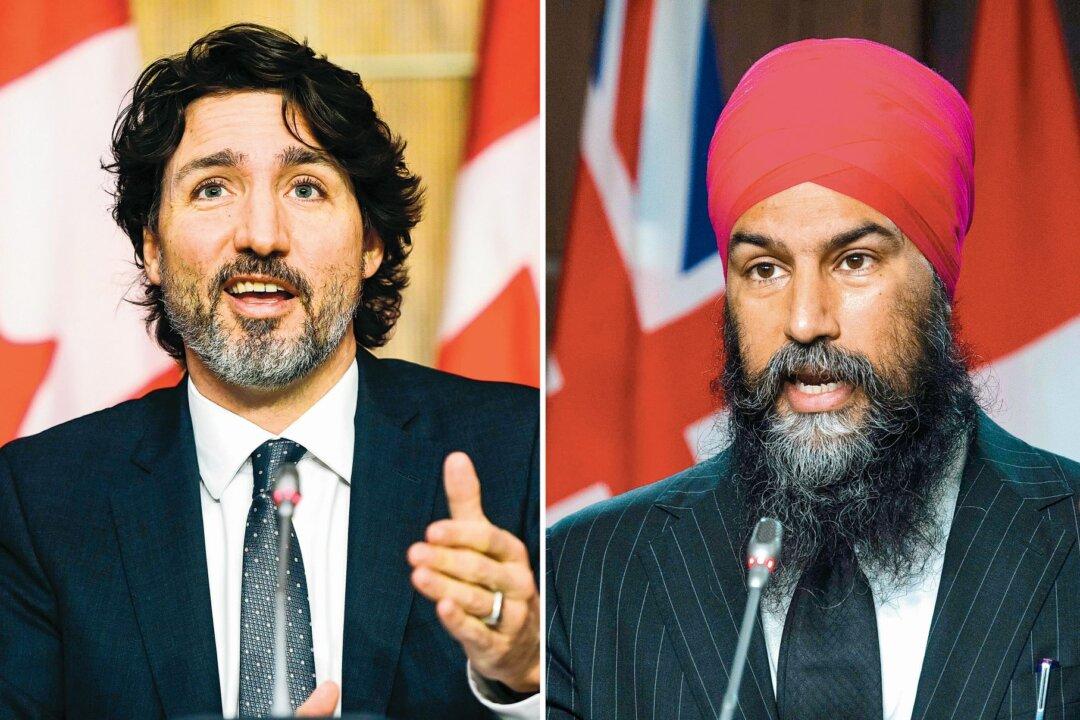Liberal and NDP party members endorsed a plethora of left-leaning policies at their conventions this past weekend following Easter, but it is doubtful many will see their way into an election platform.
Liberal Convention
At the Liberals’ national convention held online April 8–10, party delegates embraced a national pharmacare program as their top priority. Prime Minister Justin Trudeau supports the premise, just as the party has since 1997. But in February he voted against an NDP private member’s bill for national pharmacare, saying the bill disregarded provincial jurisdiction.Trudeau is also unlikely to advance a universal basic income (UBI), even as Liberal delegates passed two resolutions in favour of a UBI and ranked them second and fifth in importance. Last December, Trudeau said of the UBI, “It’s not something that we see a path to moving forward with right now.”





